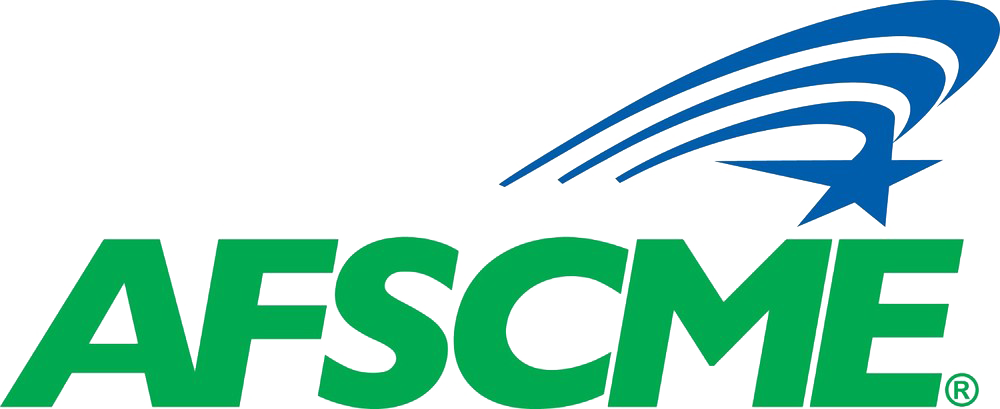Common to those divided is feeling disunified
AFSCME-MN's 2023-2025 tentative master agreement proposed a rare-sized, long sought pay increase for Minnesota's public employees, and since a majority voted to accept, not strike, compensation changed upward for nearly all Minnesota's state public employees across all units, north, south, east and west, all units and classes, on all steps.
What is the pattern here, the drill and march to collectively bargain for raises that admit inflation exists? What customary business-as-usual pipes doable proposals to contract negotiators? Any member can write a novel proposal, inequities look like proposals but do not add new language, just reduce differences in pay to match what someone already has. It feels fair to get what someone else gets. Locals kick proposals around, but so many are duplicative in having narrow effect that triage by committee is necessary for viable proposals for more than one department or class. Chosen delgates attend assemblies and then....?
Critics in 2023 advised against accepting something good in lieu of something better. But look how they did this. Doubts were sown, not on once again unsurprising levels of member interest in fighting for better, but those doubts targeted participants who did step-up, who did find the time and courage to try to negotiate within AFSCME's 'house rules'. Unpacked, there is little good to found here when the loud and the irate make it a sport to villify and punish doers because they did something. At some polling places, on polling day, it is confirmed frustration caused by either epic member apathy (again) or with the rigidly stale, muffling and prolonged proposal making process itself, you pick, led to discord shared close enough and loud enough we have to admit looked aimed to potentially interfere with, by way of confrontation and intimidation, member's right to participate by voting their private conscience.
Economic division is one explaination why, as one travels north out to the farms and forests, one sees differences. Urban Metro areas are where jobs, if not luxe cosmopolitan living, are easier for the higher educated to come by. But outstate with the rocks and cows, where gruelling hands-on, in-person shift-work, factory closings and cyclic boom-busts leave gaming casinos the only dependable full time employment, where there are fewer degrees and diplomas per capita, that's where desperate, paycheck-to-paycheck precariousness reigns. The educated who get paid more, get paid more where ever they go, no surprise those most chafed by this inequity become frustrated enough to rumble and spew about alleged negotiator incompetence and union graft.
There are today more, not less, deadly mortal risks doing jobs directly facing the public. Public employment - sounds risky, would you risk your life to save someone you do not know? Nurses, doctors, first responders, peace officers - not just MnDOT who work plowing highways, but all who track inventory, do maintenance work for public thoroughfares, care for others or enforce laws often end up sleepless, burned-out, denied leave in spirals of understaffing, suffer repetitive nightmares about doing undoable things. Every public employee now, those in service who face the public, come now, everyone raise their hand who's seen some sight that cannot be unseen. Government's jobs - not every job is a leather recliner in the corner office.
Is there any division public workers might experience that hasn't tracked with or resulted in an employee payroll reduction? When non-negotiated COVID pandemic policy shut down state workplaces, workers sent home scattered, some lost homes and many experienced a mandatory policy-making moment that rendered their puzzle of survival insoluable. Those who stayed were duly thanked by double-whammy COVID payroll reduction whipsawing, that in effect cuts both "going out and coming back", the pattern is no choice or negotiation in the matter. First a hit on those sent home, then further winnowing-out follows for those who remotely survived COVID's rock-and- a-hard-place policy pinch. No mystery here - workers able to 'enjoy' remote work did get a better shot at raising their families. Note this turned out to be under policy to work for less pay, less hours, less benefits and of course net connections on their own dime, but when called to come back into the office, typically 25% of remote workers never return, so you do the uncannily convenient toward zero payroll math.
Division between remote workers and non-remote workers is found by the latest salvo of under-negotiated telework policy that requires remote workers to work in-person at employer premises for at least 50% of scheduled workdays beginning June 1, 2025, with an exemption for employees who live more than 75 miles away from their primary work location. This decision was not made with members’ voices at a negotiation table as a mutually agreed to and acceptable, respectful change in contractual workplace terms and conditions.
AFSCME Council 5 Executive Director Bart Andersen said:
"Let me be perfectly clear: as Executive Director of AFSCME Council 5, representing more than 18,000 state employees, we will not tolerate unilateral changes to our members’ work. The Administration’s decision to impose sweeping workplace policy changes without engaging our union and labor partners first is not just unacceptable—it’s an act of blatant disrespect. Our union members must have and deserve a seat at the table every step of the way. We are demanding full transparency and meaningful dialogue immediately. AFSCME Council 5, alongside our fellow labor union partners, will do whatever it takes to defend our members’ rights, safeguard their ability to work safely and effectively, and continue delivering high-quality public services for all Minnesotans."
https://lowwagelifestyle.blogspot.com/2024/12/chatgpt-can-make-mistakes-...
